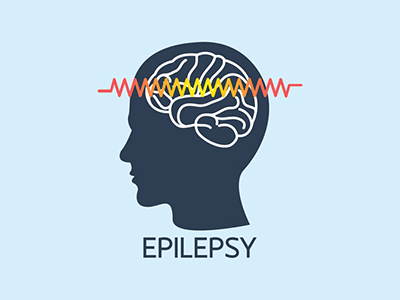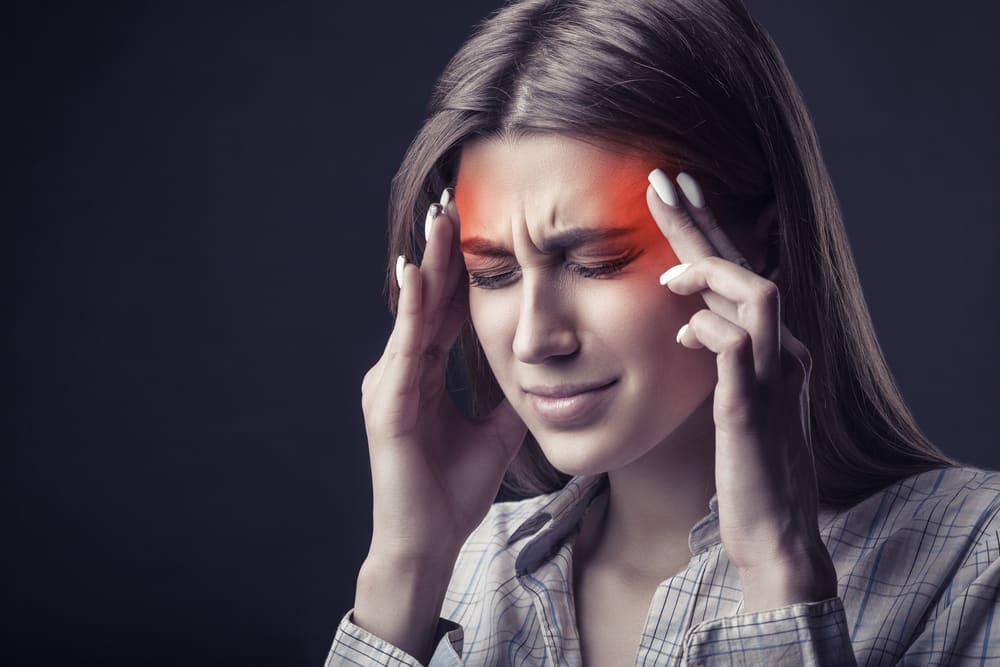
Epilepsy is the most common brain disorder globally and is mostly misunderstood and neglected. Epilepsy is far more widespread compared to what it is regarded as affecting 40-50 million people worldwide. We all know about epilepsy but people struggle with misinformation related to this. Epilepsy can strike anybody affecting the brain. But, it is not a psychiatric or mental disorder.
What is Epilepsy?
Epilepsy is a predominantly neurological disorder where the brain activity turns abnormal, developing seizures or unusual behaviours & sensations, even sometimes loss of consciousness. Epilepsy affects both males and females of all backgrounds and ages.
- It is a chronic disorder characterised by recurrent and unprovoked seizures.
- The seizures could be related to a brain injury or hereditary effect that is completely unknown.
- The people affected by this can have more than one seizure type and could show symptoms of different neurological problems as well.
What is Seizure?
- A seizure is a sudden and uncontrolled electrical activity in the brain.
- When the person is struck by a seizure, there will be instant changes to the behaviour, body movements, or feelings and in the state of consciousness.
- When the person is struck by two or more seizures 24 hours apart without any identifiable cause is generally regarded as epilepsy.
What happens during a Seizure?
The instant electrical activity that arises in the brain is due to complex chemical changes occurring in nerve cells.
Brain cells get excited or inhibited or stop sending messages to other brain cells.
Seizure is not a disease but is a symptom of many different disorders affecting the brain.
Signs and Symptoms of Epilepsy
- Temporary confusion
- Stiff Muscles
- Staring spell
- Uncontrollable jerking in the arms and legs
- Losing consciousness or awareness
- Psychological symptoms like fear, anxiety etc.
- Brain tumor or cyst
- Dementia, including Alzheimer’s disease
- Genetic disorders or other neurological diseases
Treatments for Epilepsy
The first-line treatment for epilepsy will be anti-seizure medication. These drugs are given to reduce the frequency and severity of seizures. But the complete cure is not possible by administering these drugs. If medication isn’t able to decrease the number of seizures, brain surgery is the next option.

